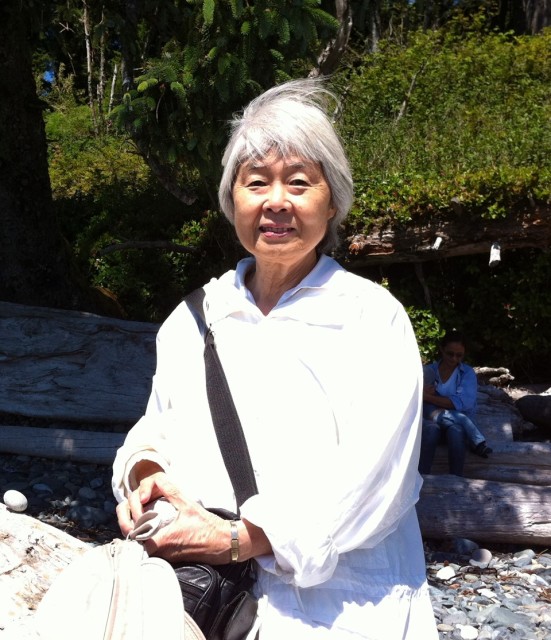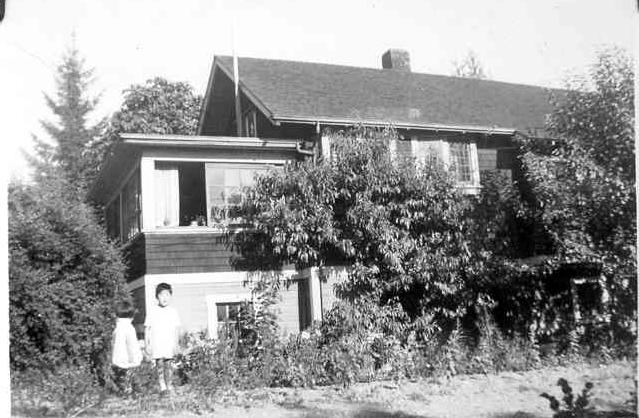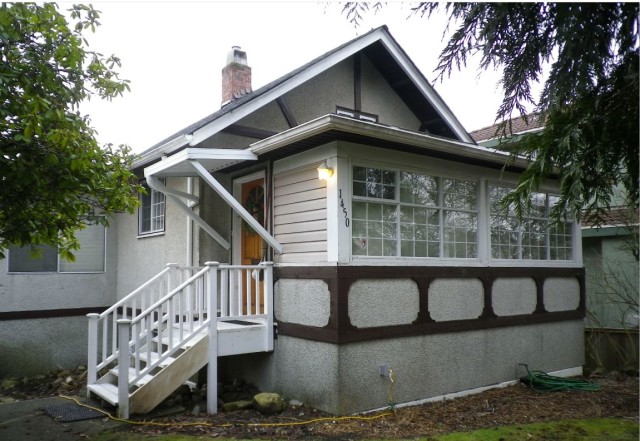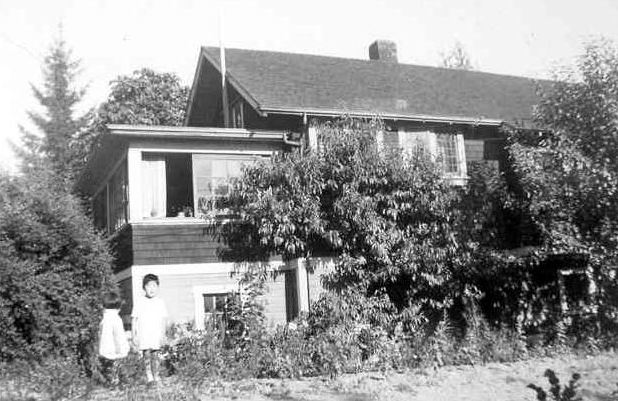Because May is Asian Heritage Month it seems fitting to run a story about Joy Kogawa. The following is an excerpt from the Legendary Women chapter in Sensational Vancouver.

Joy Kogawa’s childhood house is a modest wood-framed bungalow in South Vancouver. There’s really nothing architecturally significant about it except that it’s one of the few original houses that remain in the neighbourhood. What makes the house of great historical importance and worth preserving is its social history.
The house which was built in 1912 figures prominently in Joy’s classic novel Obasan, written in 1981 and named one of the most important books in Canadian history .
The house is a physical reminder of the time when 22,000 Japanese-Canadians—fishermen, miners, merchants, and foresters—were wrenched from their homes and interned during the Second World War.
Joy’s family were sent to an internment camp in Slocan, B.C. The house, which they’d owned since 1937, was auctioned off at a bargain price by the government’s Custodian of Enemy Alien Property.
The Kogawa house is an important monument to that period of history. As Joy says: “This little house is just a tiny, tiny echo of something much more unthinkable.”

Obasan tells the story of the Japanese internment through the eyes of six-year-old Naomi Nakane, who, in 1942, had her family ripped apart by the war.
“To me the house was very sumptuous because we had rugs and soft couches and running water and electricity,” she told me. “All these things that make a child’s life rich.”
The family moved to Alberta after the war and Joy went on to study at the University of Alberta. She was made a Member of the Order of Canada in 1986.
In 2003, Joy was visiting Vancouver and driving up Oak Street when she remembered the house. She was stunned to find that it was for sale for over $500,000.
“ I had dreamed so much of being able to buy it back one day,” she said, “There were all these new houses, so I thought it was probably gone, and then I saw it and there were for sale signs in the front.” The asking price, she says, was impossible.

When it looked like the new owner was set to demolish the house, a group of writers and heritage die-hards formed the Joy Kogawa Homestead Committee to save the house from demolition. Currently, the house is on the City of Vancouver’s Heritage Register with a B status and has a writers-in-residence program. The plan is to make it a historical literary landmark, and ideally it will be designated at some point to preserve it for the future.
“The house is doing very good work,” says Joy. “It’s there, it’s survived, it remains as a place where a story has been told and it’s part of our heritage. I think it’s important for it to be kept, so many things get lost.”
© All rights reserved. Unless otherwise indicated, all blog content copyright Eve Lazarus.




